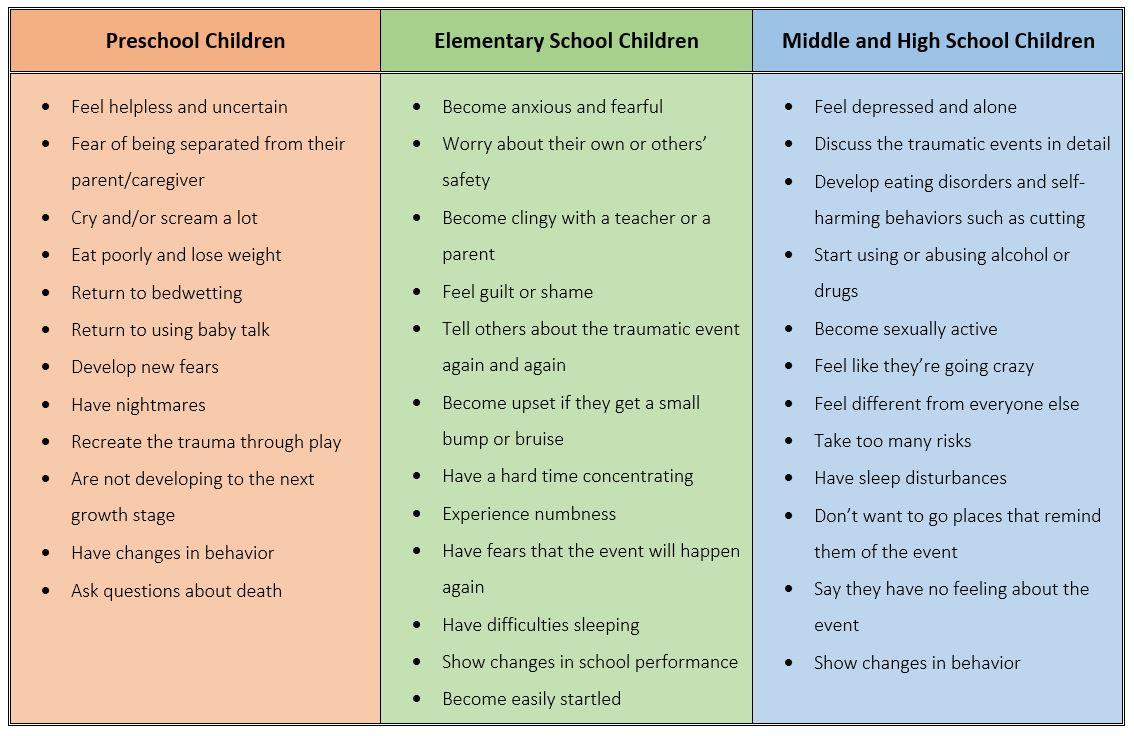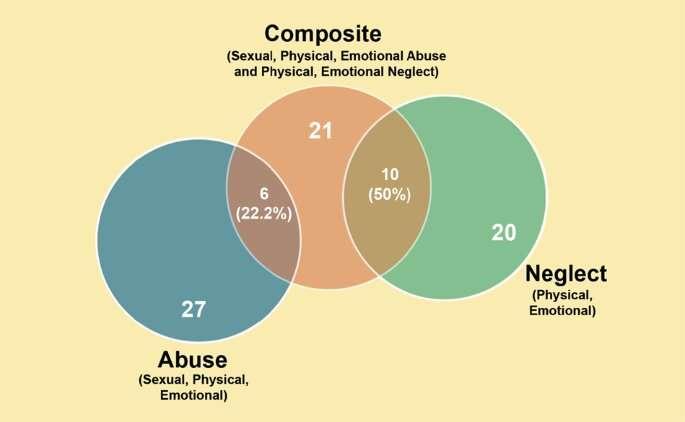The echoes of childhood neglect reverberate far beyond those early formative years, shaped by silent moments of absence and unmet emotional needs. As individuals journey through adulthood, the subtle yet profound imprints of early emotional deprivation manifest in complex psychological patterns that psychologists have carefully observed and documented. These invisible scars are not merely memories but lived experiences that weave themselves into personality, behavior, and interpersonal dynamics. Through extensive research and clinical insights, experts have identified ten compelling traits that frequently emerge in adults who experienced significant emotional neglect during their developmental years—a roadmap that illuminates the intricate ways childhood experiences sculpt adult emotional landscapes. Childhood emotional neglect leaves invisible scars that can profoundly shape adult personality and behavior. These deep-rooted psychological impacts manifest through complex patterns of interaction and self-perception.
Individuals who experienced minimal emotional nurturing during formative years frequently struggle with establishing meaningful connections. They often feel fundamentally unworthy of love, unconsciously creating emotional barriers that prevent genuine intimacy. Their relationship patterns become characterized by persistent self-doubt and an underlying fear of abandonment.
Difficulty expressing emotions becomes a hallmark trait. Having learned early that feelings were unwelcome or insignificant, these adults struggle articulating vulnerability. They might appear stoic, suppressing internal experiences and avoiding emotional transparency, which creates significant interpersonal challenges.
Self-validation emerges as a critical survival mechanism. Without consistent childhood affirmation, they develop hyper-independent tendencies, believing external support is unreliable. This manifests through excessive self-reliance and reluctance to seek help, even during challenging circumstances.
Perfectionism frequently becomes a protective psychological shield. By maintaining impeccable external standards, they attempt to compensate for internalized feelings of inadequacy. Every achievement represents a desperate effort to prove their inherent worth, driving compulsive performance behaviors.
Chronic people-pleasing tendencies develop as a subconscious strategy. Constantly seeking external validation, they prioritize others’ needs over personal boundaries, fearing rejection if they assert individual preferences. This pattern perpetuates cycles of emotional exhaustion and unfulfilling relationships.
Underlying anxiety and depression frequently accompany these experiences. Unprocessed childhood emotional wounds create persistent psychological undercurrents, manifesting through heightened stress responses and difficulty maintaining emotional equilibrium.
Intense self-criticism becomes an internalized narrative. Without nurturing guidance during developmental stages, individuals construct harsh inner dialogues, continuously questioning their capabilities and inherent value.
Trust issues emerge as significant relational challenges. Having experienced emotional unavailability during childhood, these adults approach interpersonal connections with inherent skepticism, anticipating potential disappointment or abandonment.
Emotional numbness serves as a protective psychological mechanism. By disconnecting from potentially painful feelings, they create emotional distance as a survival strategy, inadvertently limiting authentic human connection.
Hypervigilance develops as a sophisticated survival response. Constantly anticipating potential emotional threats, they remain psychologically prepared, sacrificing spontaneity and genuine emotional engagement.
Understanding these complex psychological patterns represents the first step toward healing. Professional therapeutic support can help individuals recognize, process, and gradually transform childhood emotional neglect’s profound impacts.
